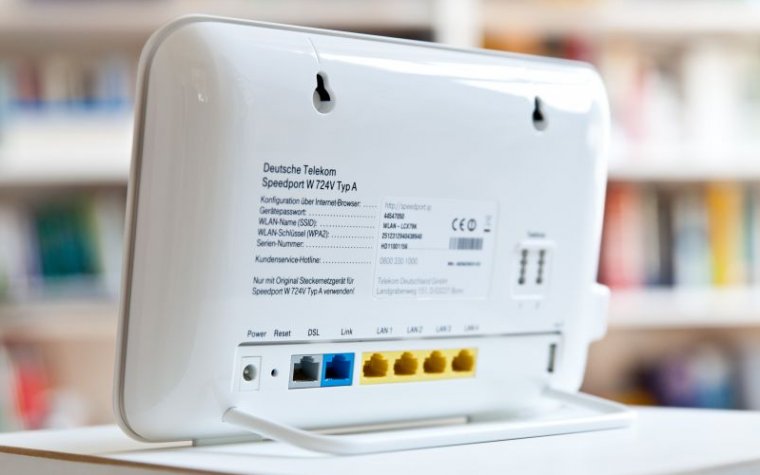
Online criminals—at least some of them wielding the notorious Mirai malware that transforms Internet-of-things devices into powerful denial-of-service cannons—have begun exploiting a critical flaw that may be present in millions of home routers.
Routers provided to German and Irish ISP customers for Deutsche Telekom and Eircom, respectively, have already been identified as being vulnerable, according to recently published reports from researchers tracking the attacks. The attacks exploit weaknesses found in routers made by Zyxel, Speedport, and possibly other manufacturers. The devices leave Internet port 7547 open to outside connections. The exploits use the opening to send commands based on the TR-069 and related TR-064 protocols, which ISPs use to remotely manage large fleets of hardware. According to this advisory published Monday morning by the SANS Internet Storm Center, honeypot servers posing as vulnerable routers are receiving exploits every five to 10 minutes.
SANS Dean of Research Johannes Ullrich said in Monday's post that exploits are almost certainly the cause behind an outage that hit Deutsche Telekom customers over the weekend. In a Facebook update, officials with the German ISP said 900,000 customers are vulnerable to the attacks until they are rebooted and receive an emergency patch. Earlier this month, researchers at security firm BadCyber reported that the same one-two port 7547/TR-064 exploit hit the home router of a reader in Poland. They went on to identify D1000 routers supplied by Eircom as also being susceptible and cited this post as support. The Shodan search engine shows that 41 million devices leave port 7547 open, while about five million expose TR-064 services to the outside world.